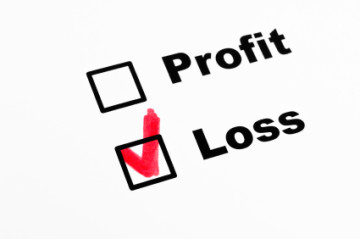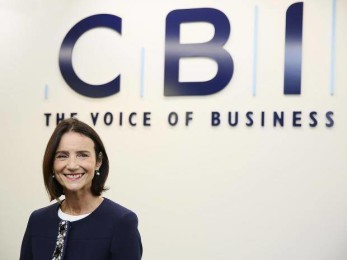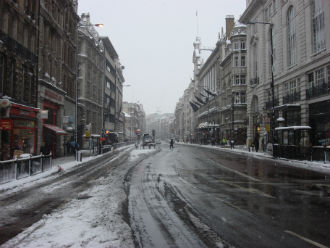 Retail sales volumes in recent weeks were practically unchanged from the same period last year, according to the latest figures from the British Consortium of Industry. Although the industry was hoping for a better start of the summer season, there was little change, although the start of June looks a bit more promising than May.
Retail sales volumes in recent weeks were practically unchanged from the same period last year, according to the latest figures from the British Consortium of Industry. Although the industry was hoping for a better start of the summer season, there was little change, although the start of June looks a bit more promising than May.
Orders were broadly flat on a year ago, although they surpassed expectations of a third consecutive fall. Sales volumes were below average for the time of year in June, despite more optimistic expectations and good weather. However, the outlook for July is a bit brighter, as retailers expect sales volumes to rise.
The survey, conducted between 29th May and 13th June, found that 25 percent of firms reported sales were up on a year earlier, while 24 percent said they were down. One in ten reported good sales volumes in line with seasonal trends, while 26 percent said their sales were poor.
Looking at July, 32 percent of firms expect an increase in volumes, while 19 percent are gearing up for another decrease. Interestingly, 63% of wholesalers reported sales volumes were up on a year earlier, and 18% said they were down. These numbers saw faster growth than expected, while most other indicators fell below expectations.
Sales in non-specialised stores, foot and leather store and non store sales all saw double-digit growth, but sales in durable household goods, cultural goods including papers and DVDs, were down.
 The UK’s services businesses reported a record increase in costs over the past three months and are downbeat about the future, as inflationary headwinds look set to squeeze demand further, the Confederation of British Industry said.
The UK’s services businesses reported a record increase in costs over the past three months and are downbeat about the future, as inflationary headwinds look set to squeeze demand further, the Confederation of British Industry said.













